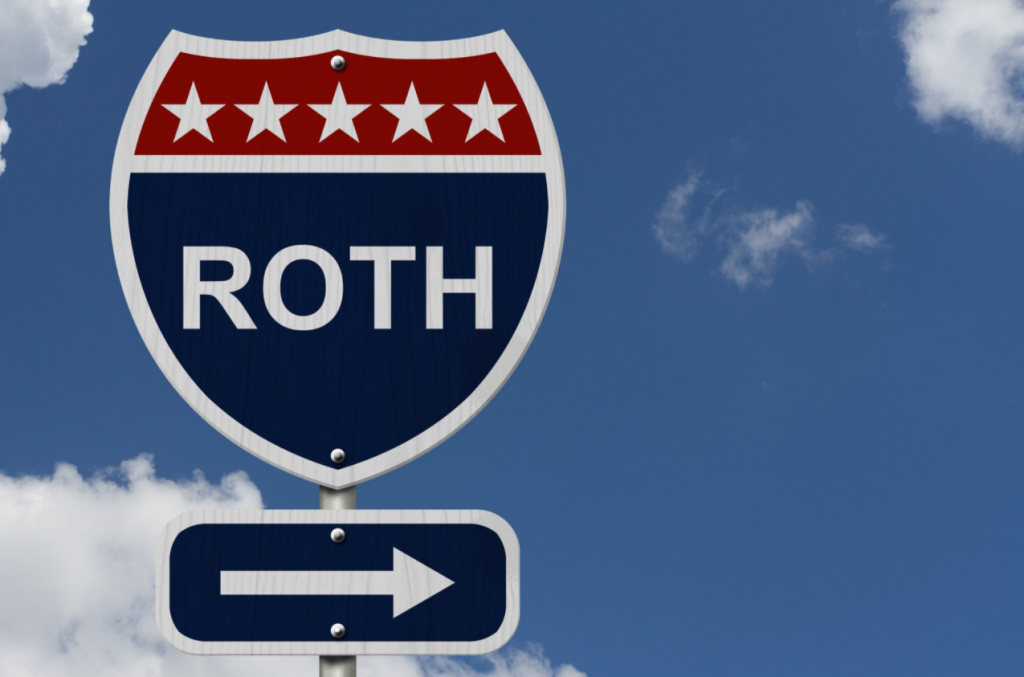
When it comes to saving for retirement, you have a number of choices. You could house your savings in a traditional IRA and lower your near-term tax bill in the process, or open a Roth IRA and enjoy tax savings later in life. Or, you could save in your employer’s 401(k) plan — whether in the form of a traditional account or a Roth.
These days, a growing number of 401(k)s offer a Roth savings feature, and they work as follows: You put in money on an after-tax basis, so there’s no immediate tax break on contributions. Once invested, though, your money gets to grow tax-free (meaning, gains in your account aren’t taxed), and then withdrawals are tax-free once you’re eligible to start taking them.
There are plenty of good reasons to choose a Roth 401(k) as a home for your retirement funds. But here are a few drawbacks you do need to know about.
1. Tax bracket risk
When you put money into a Roth account (whether a 401(k) or an IRA), you’re taking a gamble — namely, that your tax bracket will higher down the line than it is now. Your goal should be to pay taxes on your money when your marginal rate is lowest. With a Roth account, you’re generally assuming your tax bracket will increase in retirement, but what if that doesn’t happen?
Let’s assume that right now, you fall into the 22% tax bracket based on your filing status and income. Well, what if come retirement, you’re in the 12% bracket (assuming there is a 12% bracket at that point, since these things can change)? Suddenly, you’re saving a lot less.
2. RMDs remain in play
Most retirement plans don’t allow you to keep your money there forever. Rather, once you turn 72, you’ll be liable for required minimum distributions, or RMDs, the exact amount of which will hinge on your age and account balance. The only retirement plan that doesn’t impose RMDs is the Roth IRA, which means that if you keep your money in a Roth 401(k), those mandatory withdrawals will still come into play.
Now the good news is that with a Roth 401(k), RMDs won’t increase your tax burden, since withdrawals are yours to enjoy tax-free. But if your goal is to leave some of your savings to your heirs, a Roth 401(k) could get in your way.
3. Fewer investment choices
Generally speaking, 401(k)s offer a narrower range of investment options than IRAs. For example, with an IRA, you can generally buy individual stocks for your retirement portfolio, whereas 401(k)s limit you to funds. Fewer investment choices could translate to higher fees and a harder time meeting your personal goals, so that’s something you’ll need to consider if you’re set on housing your savings in a Roth 401(k).
One benefit of Roth 401(k)s over Roth IRAs is that you can fund one at any income threshold. Roth IRAs, by contrast, are off-limits to higher earners. But before you decide to save for retirement in a Roth 401(k), make sure you understand both the upside as well as the downside. That way, you’re more likely to make the best decision.
























